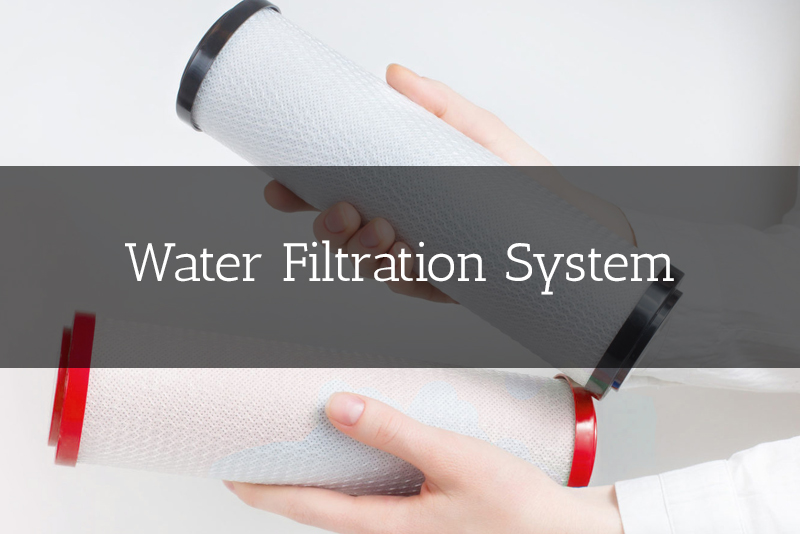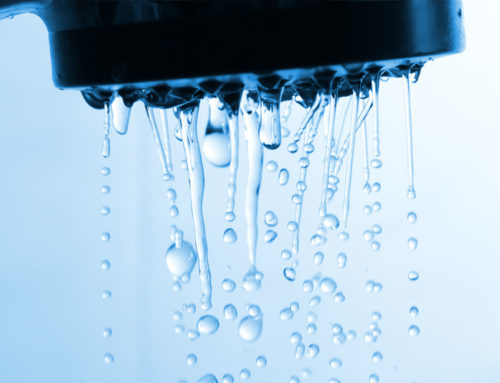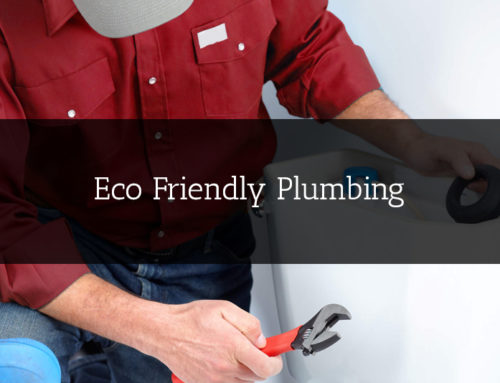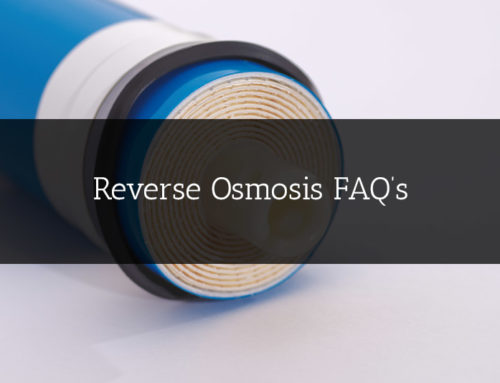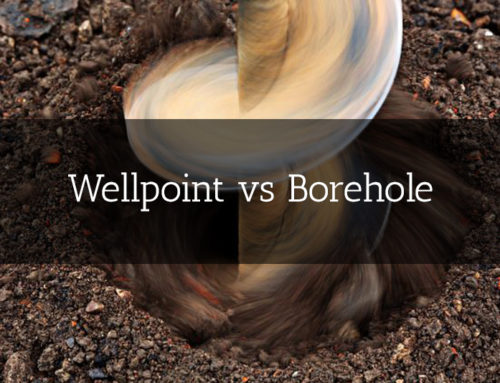A water filtration system provides you with water free of contaminants and unwanted chemicals.
Are you concerned about the quality of your drinking water? If so, consider installing a water filtration system in your home. At Trojan plumbing we always ensure our clients get the best service and the best advice for their needs.
We have put this article together to ensure you are aware of how and why filtration systems need to be specked and designed for specific water results. Remember these results need to come from a lab that has done the SANS 241 drink water test and bacteria test. From the lab your results must then be sent to a qualified water engineer who will tailor make the Filtration system to best suit your results.
One of the more popular types of water filtration systems is what we call a ‘System 1’. A ‘System 1’ is for those homeowners who may live in an area where their water supply can come from a borehole or well point and want to filter it to get off the grid. A ‘System 1’ will correct the PH of the water, neutralize low levels of salts, remove certain metals except iron and remove all bacteria by means of a UV filter.
All our systems will always come with a UV filter and it needs to be a minimum of 75 watt and 80 cm long. Trojan Plumbing only does 85 watt UV filters as this is very important – if you have a UV filter please have it checked to make sure it meets this spec because in order to kill off all the bacteria the water must sit in the light of the filter for a period of time at that rate of UV.
For water that has a high level of contaminants and chemicals, the ‘System 2’ may be more beneficial as it has a whole extra process to remove high levels of salts and hard metals such as Iron.
An example of System 2 is a reverse osmosis water filtration system. The units vary in size, but the larger models are able to filter a higher volume of water much faster than the smaller units. Filters in the larger units are designed to last for up to one year before needing replacement. Some models require a permanent connection to the existing plumbing under the sink, so it would be best to use a professional and certified Plumbing company to ensure the work is done correctly. It’s also important to understand that there is a third of water wasted when going through the RO process.
Homeowners with a high mineral content in their water may notice the difference when doing their laundry or taking a shower. Hard water makes it more difficult to work up a lather and to rinse it away. Installation of this system should ideally be handled by professional plumbers since it could affect your home’s entire water supply. This is very important to understand and why we insist on the water going to a lab, results being read and design coming from the water engineer. Make sure the company you choose to install your water system is reputable, established and has taken these steps to insure your family’s health and your plumbing infrastructure is not affected.
If the water test indicates that you have a problem, installation of a treatment system may be necessary. Be aware that water treatment equipment has trade-offs. There is routine maintenance. Some systems may need to be periodically back-flushed, which will increase the wastewater load to your septic system. The treatment may remove one contaminant yet add something else to your water. For example, an ion exchange system installed to remove iron and manganese, may add sodium to your drinking water, causing a potential problem for people with high blood pressure or on sodium-restricted diets for instance.
Some water treatment companies include free in-home water testing in their services. In-home water testing can be tricky as not all contaminants can be evaluated this way. Many man-made chemicals, which have been associated with serious health problems, must be analysed in a laboratory with sophisticated equipment.
Once you’ve accurately determined what contaminants and characteristics your drinking water has, the level detected will dictate the type of treatment system.
Other questions to consider:
- Will the unit produce enough treated water daily to meet household needs?
- Is the whole house or just single tap treatment needed?
- What is the total purchase price and expected maintenance costs of the device?
- What are the service intervals and the costs involved with this equipment?
- Will the unit substantially increase electrical usage in the home?
- Is there an alarm or indicator light on the device to alert the consumer of a malfunction?
- Does the purchase price include follow-up water testing to ensure the equipment is working properly after a month or two?
- What is the expected lifetime of the product and warranty coverage?
- What potential secondary effects will the treatment unit have on your water quality?
If you need further information on watering filtering systems then contact our offices to make an appointment and we will gladly take you through the process and all it entails.

